When we think of weight management for pets, we often picture a younger dog who needs to slim down or a middle-aged cat who has gotten a little too round. But in reality, weight plays an especially important role in the comfort and quality of life of senior pets. For older dogs and cats, carrying extra weight can worsen pain and mobility issues, while being too thin can signal illness or frailty. Striking the right balance is not about hitting a perfect number on the scale. It is about supporting dignity, comfort, and quality of life in your pet’s later years.
At Mobile Cat and Dog Vet, Dr. Libby Hays, a Certified Hospice and Palliative Care Veterinarian (CHPV), specializes in helping families navigate these delicate end-of-life challenges right in the comfort of their own homes. Together, we’ll consider not just your pet’s weight, but the bigger picture of their health, happiness, and daily comfort.
Why Weight Matters More in Senior Pets
As pets age, changes in metabolism, muscle tone, and activity levels make weight management more complicated. According to the AAHA Nutrition and Weight Management Guidelines, both excess weight and unintended weight loss can shorten lifespan and reduce comfort. For senior pets in hospice or palliative care, the focus is not only on preventing disease but also on ensuring the best possible comfort and quality of life in each stage.
Weight directly affects mobility. A dog who sheds a few extra pounds may regain the ability to walk to the yard. A cat who maintains muscle tone may still climb into a favorite window seat. Mobility is central to a senior pet’s comfort and dignity.
When There’s Too Much Weight
Many senior pets carry extra pounds, and while a little “fluff” might seem harmless, obesity puts real stress on aging bodies.
- Joint Pain and Mobility Decline: Pets with arthritis or degenerative joint disease struggle more when overweight. Studies show that keeping pets lean improves mobility and reduces pain.
- Metabolic Disease: Diabetes is strongly linked to obesity. Once diabetes develops, maintaining a healthy weight becomes critical for stabilizing blood sugar. Hypothyroidism in dogs is another common contributor to weight gain.
- Cancer Risk: Research suggests that overweight pets are at greater risk for certain cancers.
- Cardiopulmonary Strain: Carrying extra weight forces the heart to work harder, which can worsen existing heart disease or contribute to its development. Obesity also makes it harder for pets to breathe comfortably, particularly when lying down or during mild exertion. For dogs with collapsing trachea or cats with asthma, even a few extra pounds can make breathing significantly more difficult.
Obesity can also rob pets of the ability to enjoy their favorite activities, whether that means a short walk, hopping up to a sunny perch, or simply getting comfortable at night. In hospice and palliative care, we often find that modest weight loss, when safe, can dramatically improve comfort by reducing joint strain and making breathing easier. For overweight seniors, resources like Slim Down with Your Hound and Feline Fitness provide strategies for safe calorie reduction.
When There’s Too Little Weight
Unplanned weight loss can be just as concerning as obesity. In older pets, weight loss usually means muscle loss as well. This condition, known as sarcopenia, robs pets of strength and balance, making falls and injuries more likely. Even more concerning, cachexia is tied to chronic illnesses such as cancer, kidney disease, or heart failure and leads to rapid and often irreversible muscle wasting- especially common in cats. Unlike simple calorie-related weight loss, cachexia often does not improve with more food alone.
Body Condition and Muscle Condition Scoring can help distinguish between fat loss and muscle wasting. Common causes of weight loss in senior pets include:
- Chronic kidney disease or hyperthyroidism in cats
- Diabetes or chronic GI disease
- Cancer or systemic infection
- Loss of appetite due to pain or nausea
Weight loss also signals a potential decline in overall health, especially when combined with other end-of-life concerns like dehydration, confusion, or chronic pain. For underweight pets, families may turn to calorie-dense diets or appetite stimulants to support comfort.
Finding the Right Balance in Hospice and Palliative Care
There is no one-size-fits-all answer for senior pet weight management. For some, losing weight slowly can make walking easier and reduce pain from arthritis. For others, weight stabilization or even gain may be necessary to combat frailty and prevent muscle loss. Tools like the Pet Calorie Calculator can help guide portion sizes when appropriate.
The Quality of Life Scale often incorporates weight changes as a marker of whether pets are still enjoying daily life. In hospice care, sometimes the goal shifts from “weight gain” to making sure what they do eat brings them comfort and joy. The human-animal bond matters just as much as nutrition; sometimes hand-feeding, warming food, or introducing new flavors can transform mealtime into a source of joy and connection.
What matters most is personalized care. At Mobile Cat and Dog Vet, Dr. Hays creates individualized plans that consider not just the number on the scale but also mobility, energy, appetite, and overall comfort. In the final stages of life, success is not about “fixing” weight. It is about helping pets feel secure, supported, and loved.

A Loving Balance in the Final Chapter
Weight management in senior pets is not about perfection. It is about love, comfort, and dignity. By addressing weight thoughtfully, families can help their pets enjoy more good days in their final months or years.
At Mobile Cat and Dog Vet, Dr. Libby Hays brings her CHPV expertise directly into your home, offering personalized hospice and palliative care that considers every detail of your pet’s comfort. Whether your dog needs support losing a little weight to ease arthritis, or your cat requires help maintaining strength through illness, we’ll create a plan that feels right for your pet and your family.
If you are caring for a senior pet in Bend or the surrounding areas, we’re here to guide you through every step. Visit our palliative care or geriatric support pages to learn more, or request an appointment to speak directly with Dr. Hays and her team.
Together, we can help your pet find balance, comfort, and peace in the moments that matter most.


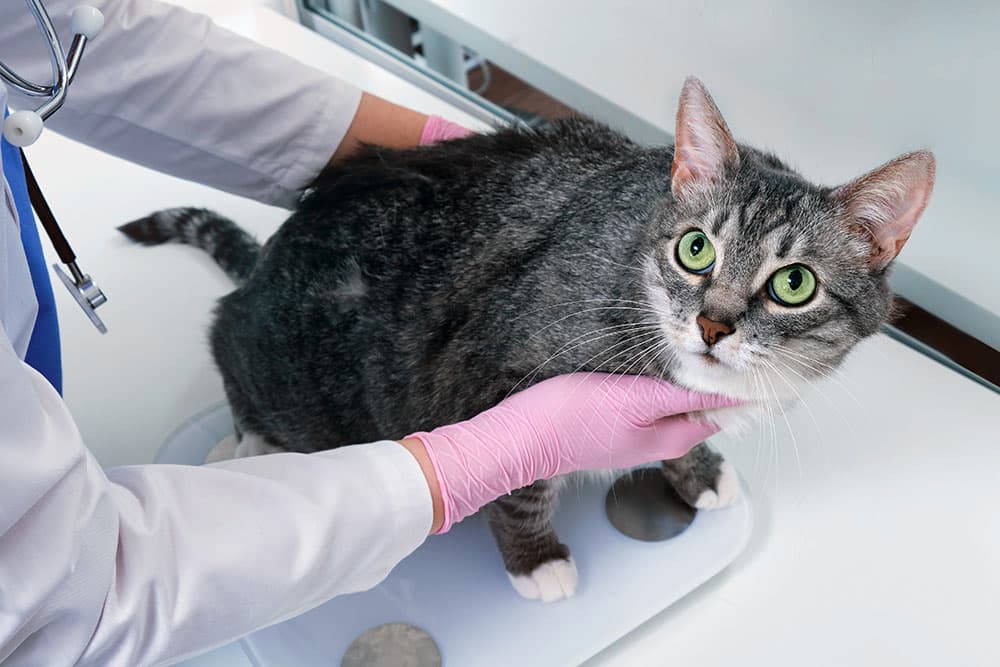
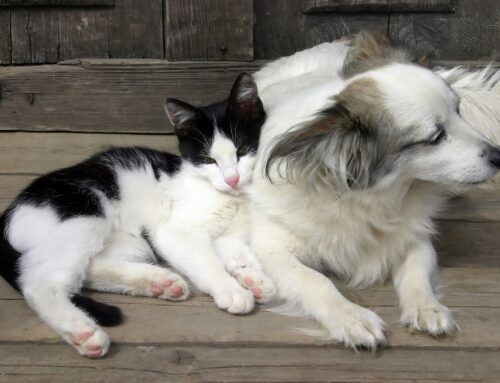
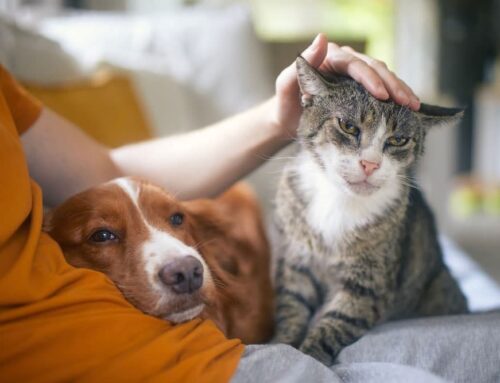
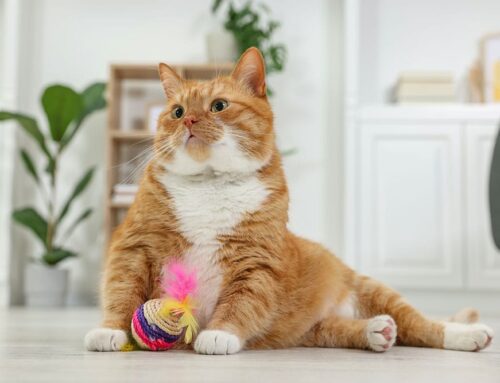
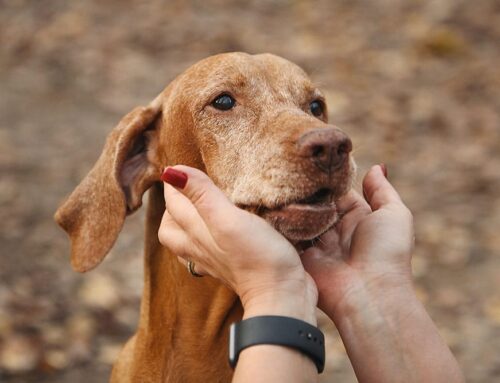

Leave A Comment